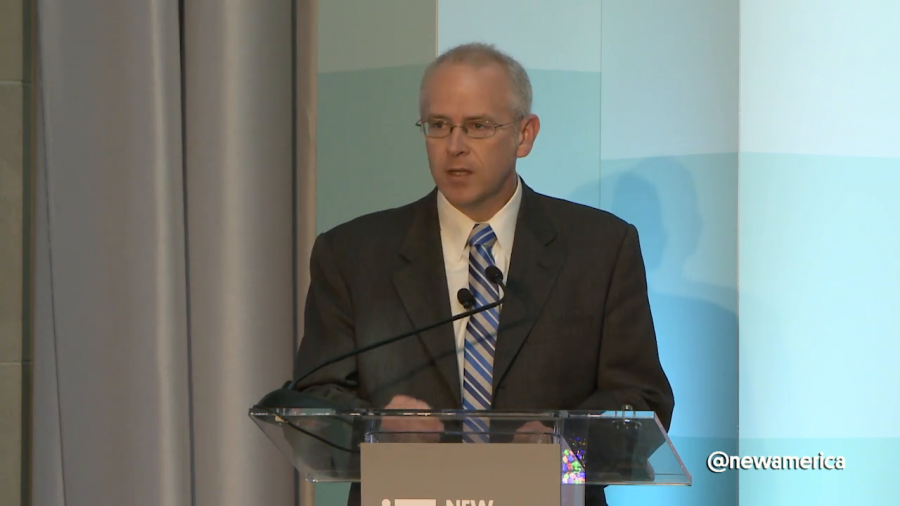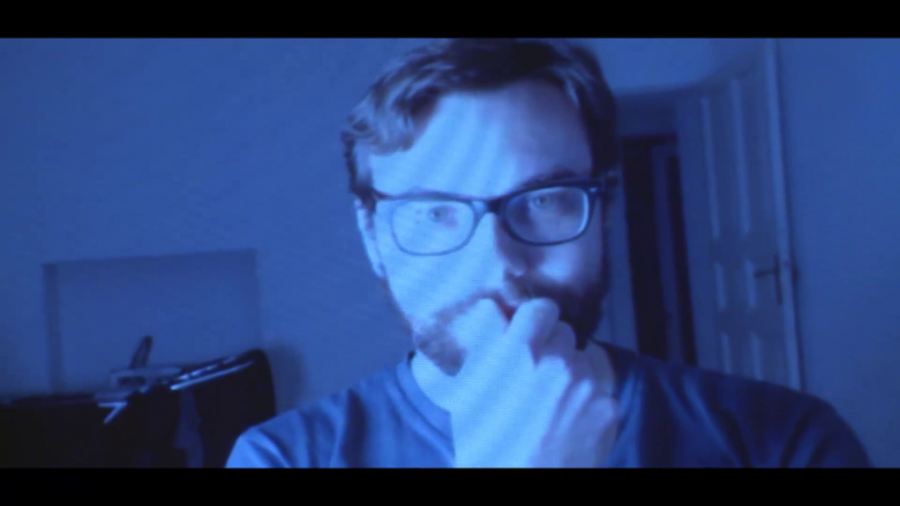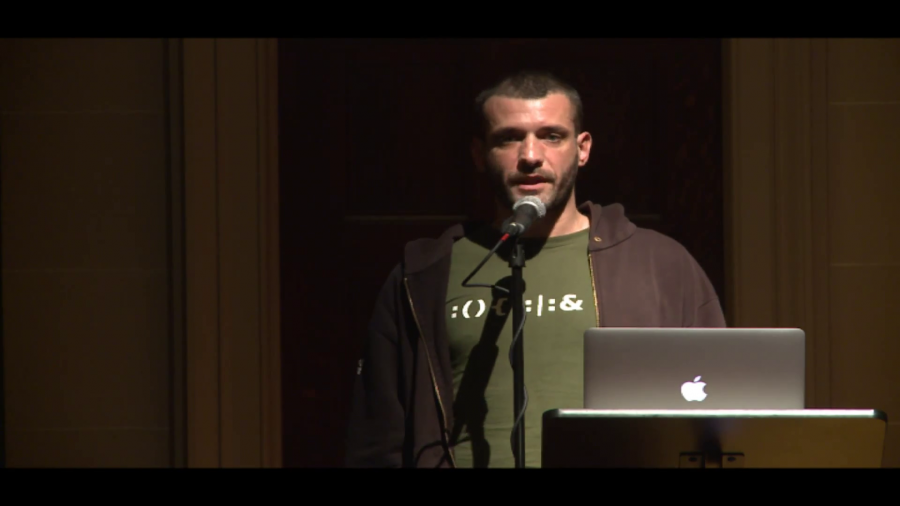When you think about the Internet is, the Internet is really a giant sharing machine. It’s a machine for making copies, for making derivative works, for making remixes and making mashups. For distributing those around the world instantaneously. And so there’s a very profound tension between what copyright enables legally, and what the Internet enables technically.
Archive (Page 4 of 5)
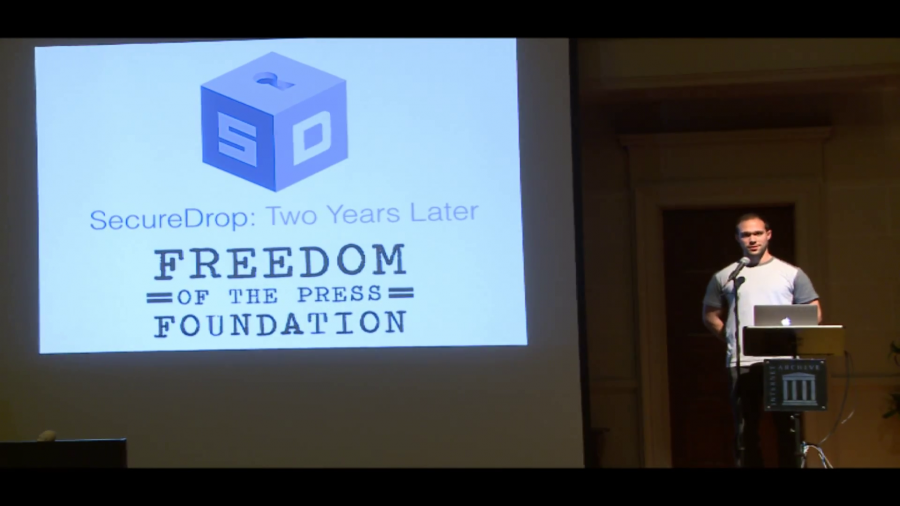
The thing about SecureDrop […] is that it’s changed a lot in the past two years. But what I realized was that the core design, the core architecture, is almost completely unchanged from what Aaron created and called DeadDrop over 2 years ago today.
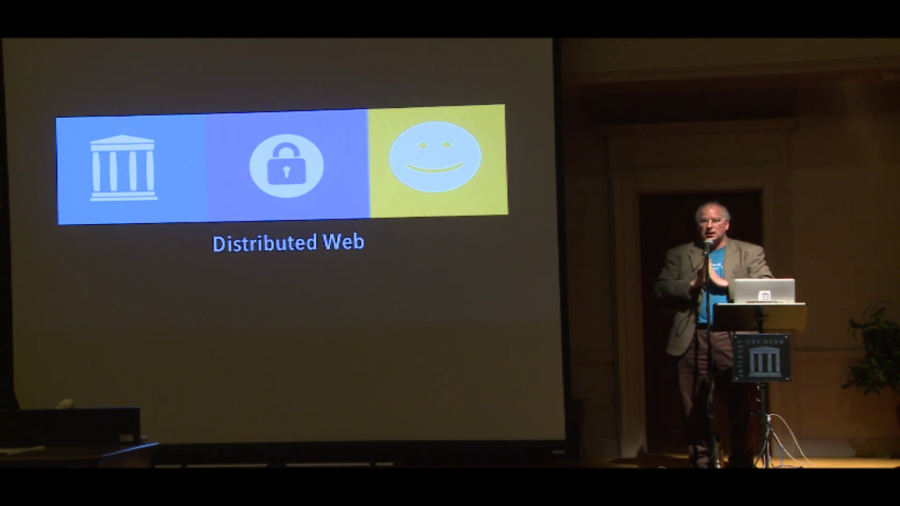
I’d suggest it’s time to fix the World Wide Web […] and I’m going to suggest the way to do this is by building a distributed Web. This is a call to build a distributed Web, to lock the Web open.
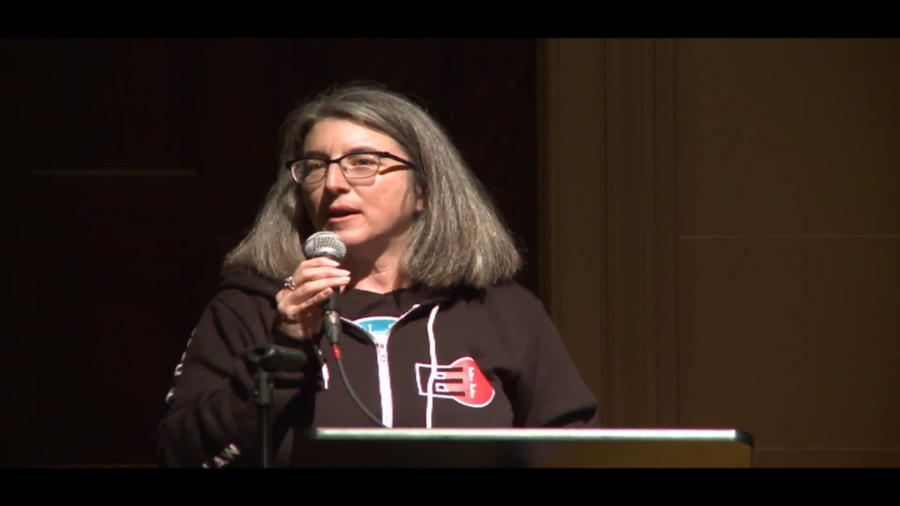
We’ve got an inflection point opportunity here and we ought to be talking about this European Court of Justice opinion and what it means, because what the European Court of Justice said is the NSA surveillance is not appropriate.
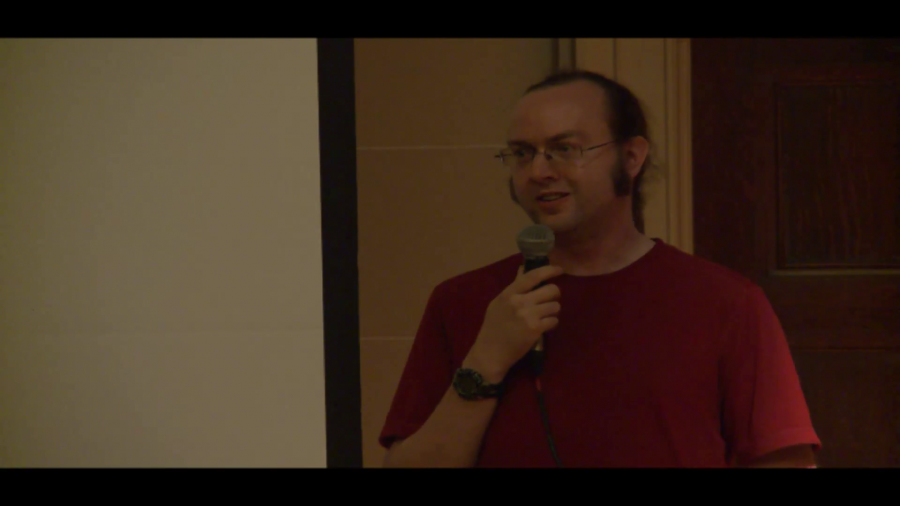
I was thinking back about all the various memories of Aaron, and I wanted to share three of them with you. Two of them fun and cheerful, and one of them a little bit less fun and cheerful.
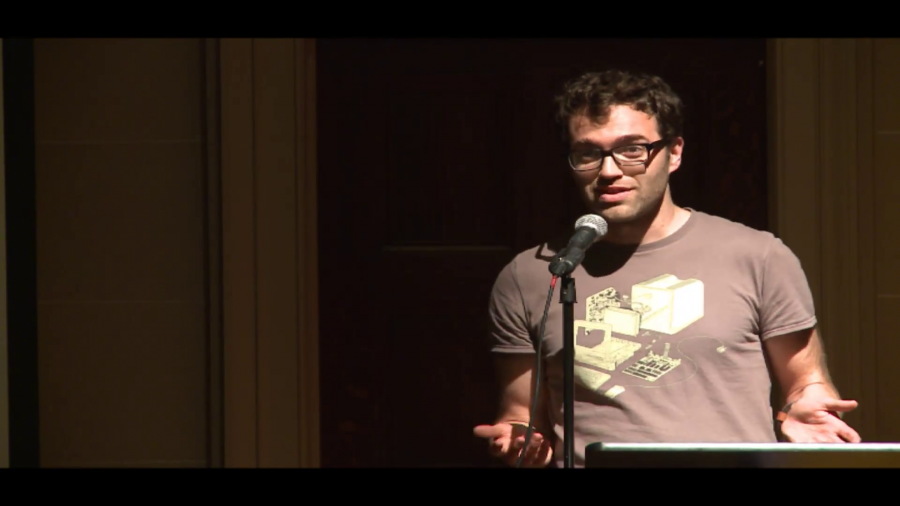
When I was thinking about what I would talk about last night, I was reading more about Aaron. Unfortunately, I never got to meet him before he died, but I realized that he passed away on January 11, 2013, and that was actually the same day that I first heard from Edward Snowden.
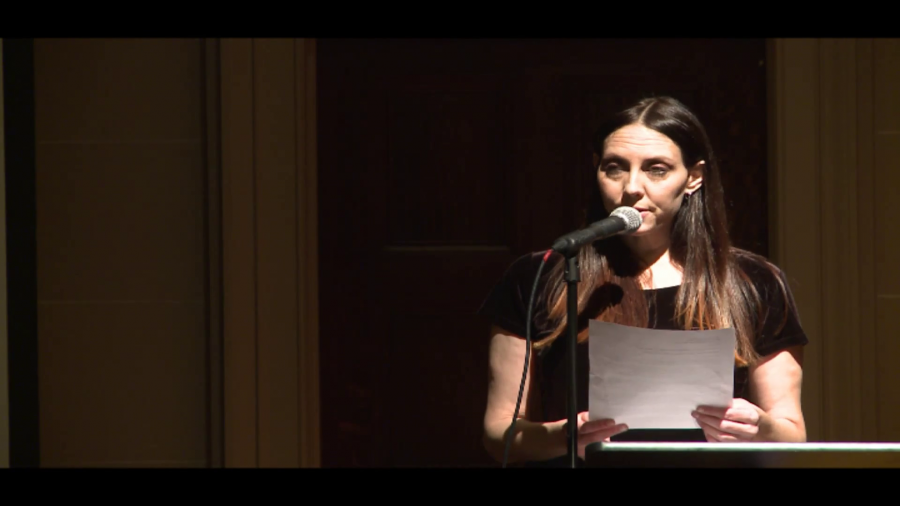
Consider the paradox that technology has provided for us. We seem more diverse and open as a society, but isn’t it also the case that we are more homogeneous and insecure than we ever have been in the last century or so?
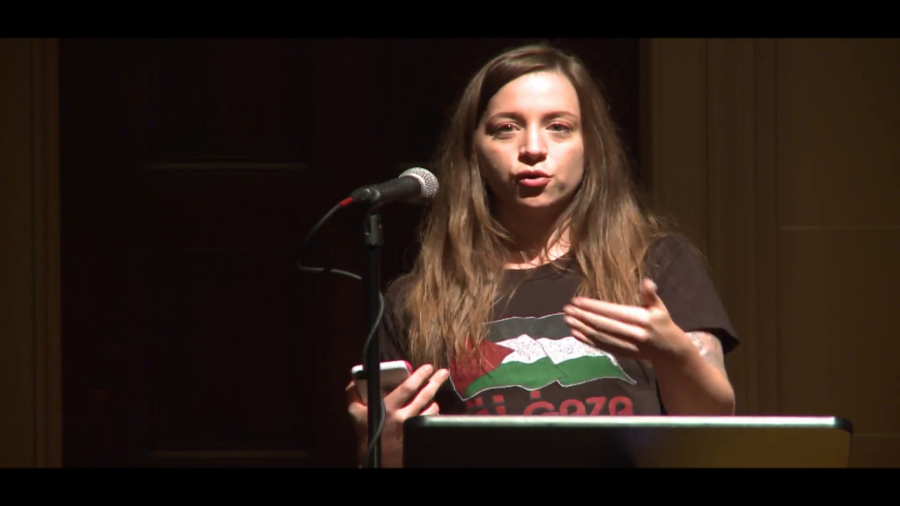
The whole Library Freedom Project, everything that we do is very deeply inspired by Aaron’s spirit, his work in resistance, his legacy. And every day that we go into libraries and teach practical privacy trainings, I feel like Aaron is very much present in all that we do.

